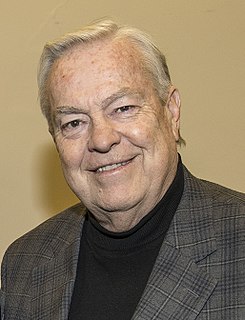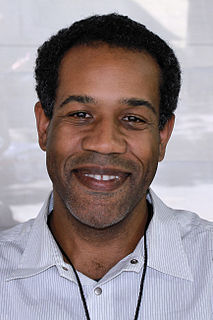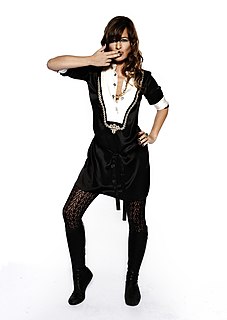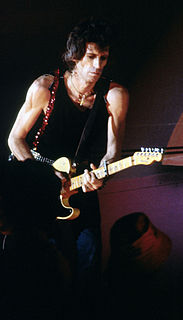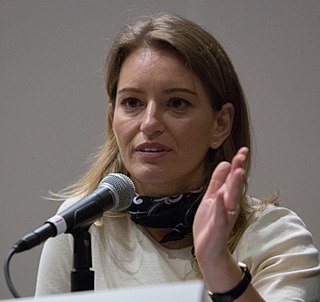A Quote by Joy Harjo
I am a member of the Muskogee people. I'm a poet, a musician, a dreamer of sorts, a questioner. Like everyone else, I'm looking for answers of some sort or the other.
Related Quotes
People probably long for something genuinely personal in a society where the personal is often indistinguishable from the "personalized." Maybe the poetry audience member is searching for his or her own "personal space" and they expect the poet to be a sort of avatar of the private life. But that sort of representation is distasteful to me. Asking a poet to represent the personal life is, paradoxically, to turn the poet into something other than a person.
It goes a long way back, some twenty years. All my life I had been looking for something, and everywhere I turned someone tried to tell me what it was. I accepted their answers too, though they were often in contradiction and even self-contradictory. I was naive. I was looking for myself and asking everyone except myself questions which I, and only I, could answer. It took me a long time and much painful boomeranging of my expectations to achieve a realization everyone else appears to have been born with: That I am nobody but myself. But first I had to discover that I am an invisible man!
For years I've wanted to live according to everyone else's morals. I've forced myself to live like everyone else, to look like everyone else. I said what was necessary to join together, even when I felt separate. And after all of this, catastrophe came. Now I wander amid the debris, I am lawless, torn to pieces, alone and accepting to be so, resigned to my singularity and to my infirmities. And I must rebuild a truth-after having lived all my life in a sort of lie.
To a lot of people, my job is really fancy, so they're like, "Oh, whoah, you're a musician, wow!" Some people go to you, "Oh my god, you're a journalist!" And some people go, "What, you're a therapist? That's incredible!" So everyone, to a certain extent, has other people that you get impressed by, without even having a proper conversation or getting to know them. You're just like, "Oohhh, they're a bit fancy!"
When you're just starting out in the TV business, you don't know anything at all, and you think you're doing a better job than everyone else around you, and you just sort of presume that you're not getting the credit you deserve. And then when you start to get better, the pressure is extraordinary, and then you start to second-guess everything you do, and when people start looking to you for answers, for insight and for analysis and guidance, you start to wonder if you are the right person - even when you have all the information.
But the people at home if we're doing a town meeting or a town format. You have to answer the question that is asked. And what people at home are gauging how does this candidate respond to the questioner? Do they show respect to the questioner? Do they try to understand why the questioner is asking that? Do they respond to the question? Is there a human connection between the two? It's where Barack Obama beat Mitt Romney in 2012. He lost the voters on who was a stronger leader, who had a vision for the future, but on who cares about people like me, he trounced Mitt Romney.


